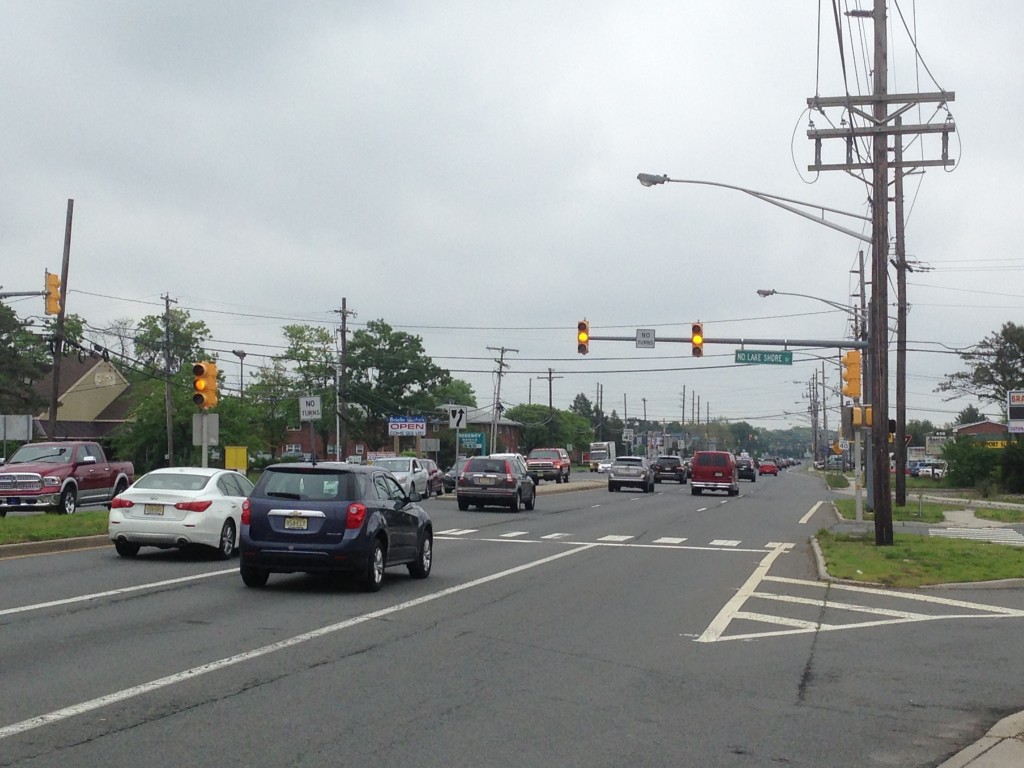Whenever a new commercial development is proposed in Brick, residents often ask why the proprietor decided to build a new structure rather than move into an existing space.
With that thought in mind – and vacant commercial footage adding up as big box stores close up shop in the digital economy – Mayor John Ducey’s administration in 2017 began the leg work of creating a program that had never before tried in New Jersey. The program is relatively simple: if a new business is interested in renting a space less than 5,000 square feet in area, its permit fees will be waived if the owner decides to move into a space that has been vacant for a year or more. The program needed approval from the state Department of Community Affairs, but after the usual Trenton red tape was overcome, Brick became the first municipality in the state to launch the program. Several other cities have followed.
On Tuesday night, the township council voted 6-1 to extend the program for another two years, though not before some discussion as to whether it benefits taxpayers.
|
|
“We used to have a bunch of empty storefronts around town and this helped fill them,” said Ducey. “It encourages mom-and-pop businesses to fill those empty spots instead of building something new.”
The size limit helps target the program to small businesses and, Ducey said, gives Brick an edge when business owners are deciding where to open. It also, of course, has the benefit of filling empty storefronts before they become unsightly. Ducey said 21 businesses qualified and took part in the program over the last two years, filling up a significant number of empty spaces in the township’s strip malls.
Councilman Jim Fozman, the only member of the governing body who voted against the extension, questioned whether waiving the fees benefited residents who are facing a property tax increase this year.
“We’re giving away tax dollars when we had a tax increase,” said Fozman, who asked the mayor to disclose the value of the fees that had been waived.
Ducey said he did not have detailed calculations on him, but said ultimately commercial properties with fully-rented storefronts are assessed at a higher property tax rate than those that remain empty and file tax appeals.
“Whatever the cost is, I would love to see our strip malls filled – you see the blight when there are weeds overgrown and everything else,” said Ducey.
Councilman Paul Mummolo said Fozman was “politicking” by criticizing the program. Fozman switched parties last year from Democrat to Republican and is leading the GOP’s council ticket in this year’s election. He is the only Republican member of the council.
Commercial assessments, said Township Attorney Kevin Starkey, are determined using a different formula than residential assessments for tax purposes. Instead of assigning a simple value to land and improvements based on the market value of similar properties, commercial assessments are tied to both the occupancy rate and lease revenue derived from the property. Township tax assessors often inspect properties after they have been re-leased or improved and adjust the tax obligation. But by the same token, commercial properties that are vacant or generating little revenue are often the subject of tax appeals that lower their assessments.
“I still do get some complaints about empty storefronts,” said Ducey. “There aren’t that many left, but we want to incentivize it.”

Advertisement

Police, Fire & Courts
Grand Jury Indicts Point Pleasant Man, Once a Fugitive, for Attempted Murder









